The family of Perthshire schoolgirl Ruby Stewart have turned the crushing heartache of her death into a force for good, by raising nearly quarter of a million pounds to battle childhood cancers.
Fundraising in Ruby’s name has now supported six research projects, including two new ones looking specifically into the type of cancer she had.
Mum Claire says it’s a fitting way to remember their “funny, happy, friendly girl with a huge heart, infectious laugh and beautiful smile”.
“She cared about others and always wanted to help,” added Claire.
“She was resilient, brave, sassy, thoughtful and energetic; she was an absolute joy to be around.”
Ruby, from Inchture, was just four when she was diagnosed with alveolar rhabdomyosarcoma in 2017.
Within weeks, she couldn’t walk or stand because the cancer had spread to the muscles in her spine.
She had treatment, which worked well initially.
But the cancer grew back, and Ruby died in January 2020, just two weeks before her seventh birthday.
Stephen Fry lends a hand to Stewart family’s Be More Ruby fundraising
Following Ruby’s relapse in 2019, Claire and Ruby’s dad Andy set up Be More Ruby.
It’s one of the Children’s Cancer and Leukaemia Group’s “special named funds” and is working to raise money for rhabdomyosarcoma research.
To date, it has raised more than £245,000 with the support of the community.
Initiatives have included an audiobook narrated by Stephen Fry.
Claire said: “Ruby wanted to try and improve treatment and outcomes for children like her.
“She even helped to raise some money while she was alive.
“Ruby didn’t want other children to suffer like she did.”
Ruby Stewart legacy could spare other families
Along with several other CCLG special named funds, Be More Ruby has been able to fund two brand new rhabdomyosarcoma research projects.
Professor Janet Shipley, at the Institute of Cancer Research, hopes to find a better way to predict how aggressive rhabdomyosarcomawill be at the time of diagnosis, so all patients receive the right amount of treatment.
Meanwhile, Dr Darrell Green, at the University of East Anglia, is focusing on the fusion-positive type of rhabdomyosarcoma, whose patients have one of two mutant genes.
The hope is that it will lead to new medicines that target specific abnormalities in ways that are more effective and gentler on the rest of the body.
He is especially grateful to families like Ruby’s for funding this kind of work.
“This project has only been made possible because of the unimaginable heartbreak that some families have gone through and then their tireless efforts for scientific research,” he said.
“I just cannot say ‘thank you enough.”
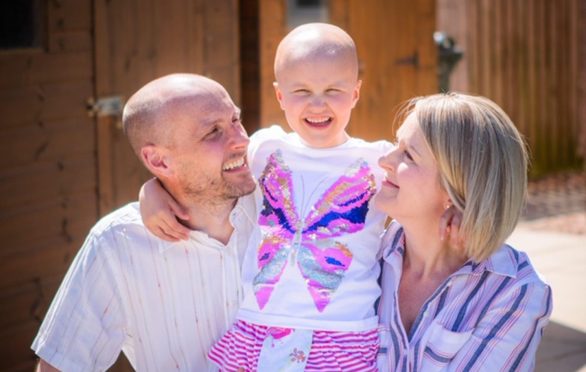
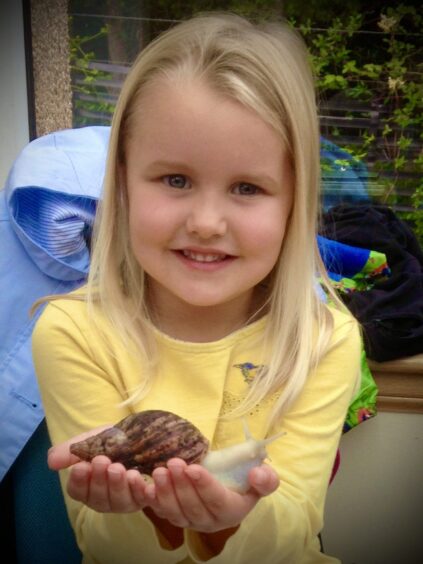
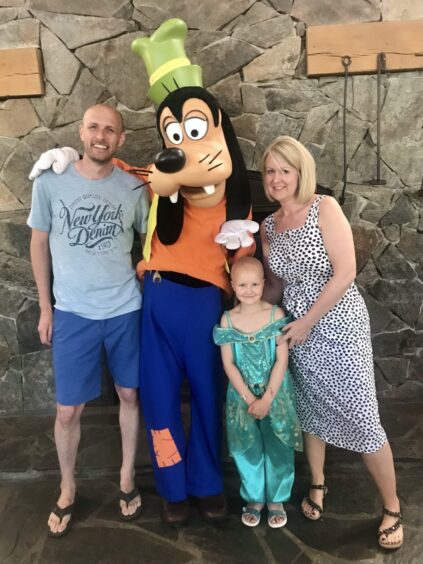
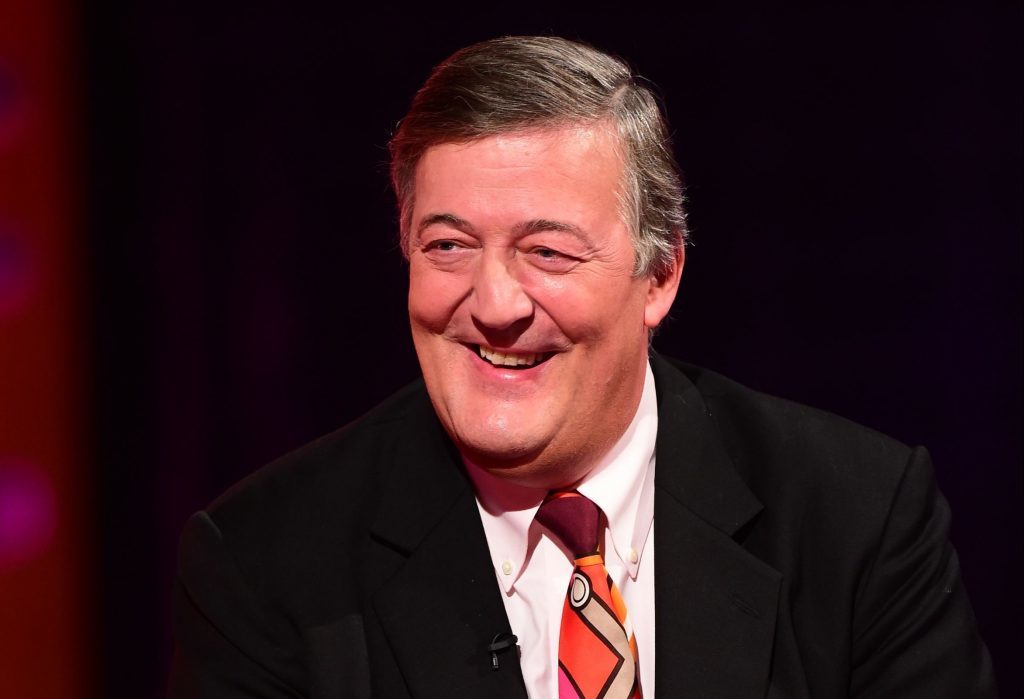

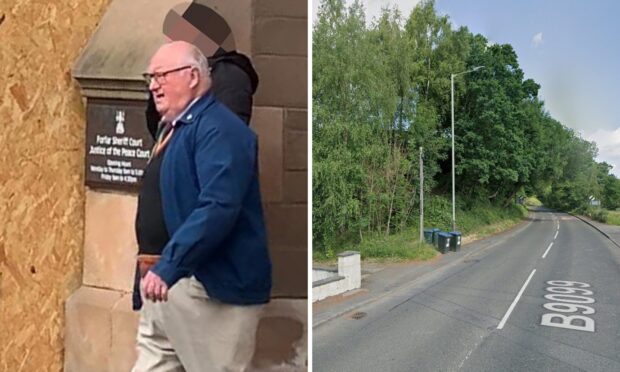
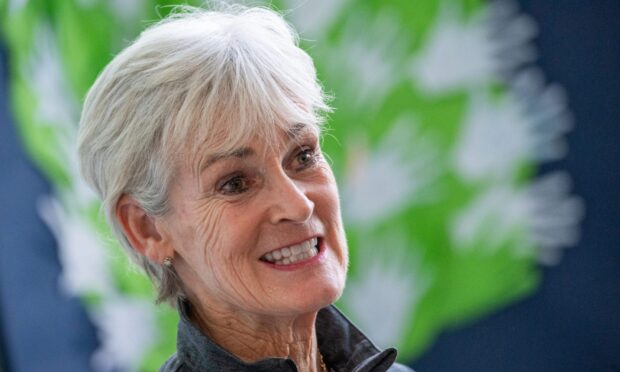
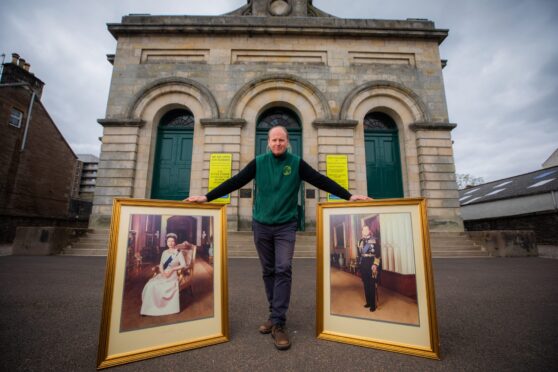

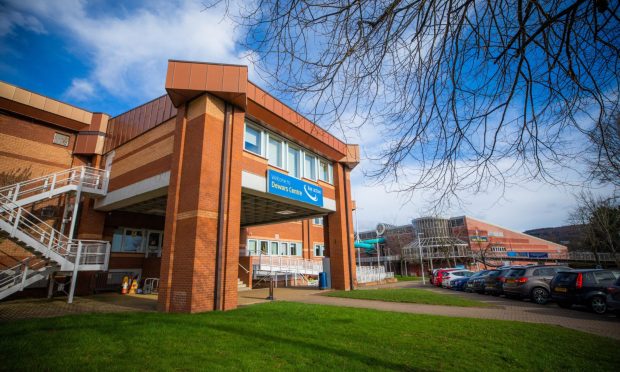


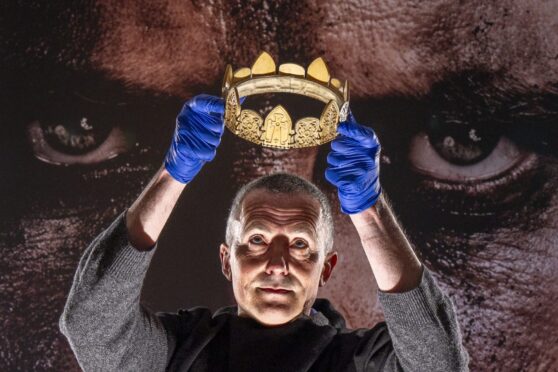
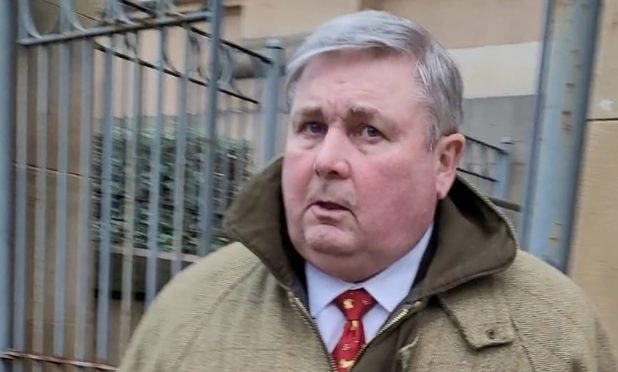

Conversation